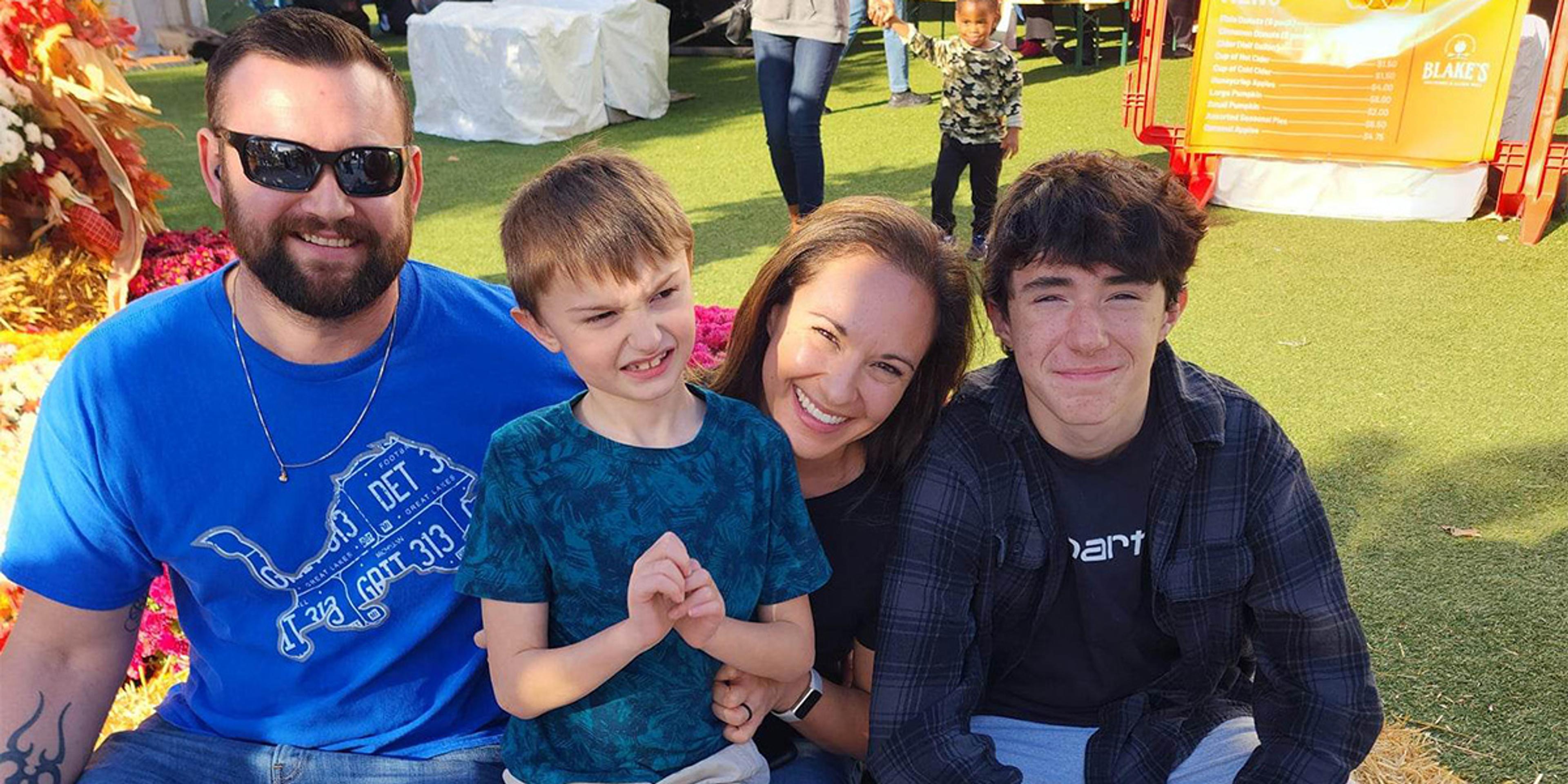
September is Baby Safety Month. This national annual campaign was created by The Juvenile Products Manufacturers Association (JPMA), the national trade organization that works to improve children’s product safety. Whether you are expecting a baby or are currently caring for an infant, there are steps you can take to ensure the child’s safety. Celebrate Baby Safety Month by taking part in these preventive safety measures:
- Check your car seat installation. Every car seat is slightly different and may not fit the same in every vehicle. Before bringing home your new bundle of joy, see if your local hospital or fire department offers free car seat checks. Find your local Safe Kids chapter for upcoming car seat safety events. For more car seat tips, visit The Mayo Clinic.
- Avoid high surfaces. While they may not be able to crawl, newborns are surprisingly mobile. Avoid placing your baby on a high surface without keeping both hands on him or her. Even if the child is in an infant carrier car seat or “bouncy” seat, there is still a risk of sustaining life-threatening injuries should they fall. One of the most common to avoid is the seat area of a shopping cart.
- Watch your pets around baby. When you bring your baby home for the first time, pay careful attention to how your pet(s) reacts. Most importantly, never leave your baby and pet(s) unattended together. Animal Planet is an excellent source for tips on how to introduce a new baby to your pet(s).
- Practice safe sleeping. Whether you choose to co-sleep with your child or use a crib, it is essential to know the potential hazards of each method. Wherever baby sleeps, it's important to make sure there are no pillows, blankets or toys in their designated sleeping area. Purchasing a baby monitor with video or audio capabilities is also recommended.
- Bathe your baby properly. Parents of newborns reported that giving the baby a bath is their greatest source of fear. Using a bath safety checklist can help ensure that bath time is hazard and worry-free.
- Know first aid procedures. In an emergency, calling 911 will ensure that you and your baby receive the medical attention you need. However, taking an infant/child CPR and choking training class can help prepare you to perform life-saving maneuvers should you need them. Find classes near you through American Red Cross.
- Create a file specifically for baby. Fill a folder with important information regarding your baby’s health care. This can include the pediatrician’s phone number, nurse’s hotline and poison control, a copy of your insurance card and medical credit card, a record of any medical history, allergies or complications. Make copies of this information for an additional on-the-go file.
If you found this post helpful, read these:
- New Parents: How to Get the Best Family Care
- Sweet Dreams: Preventing SIDS Through Education
- Breastfeeding 101: A Guide for New Moms
Photo credit: Fat Camera





